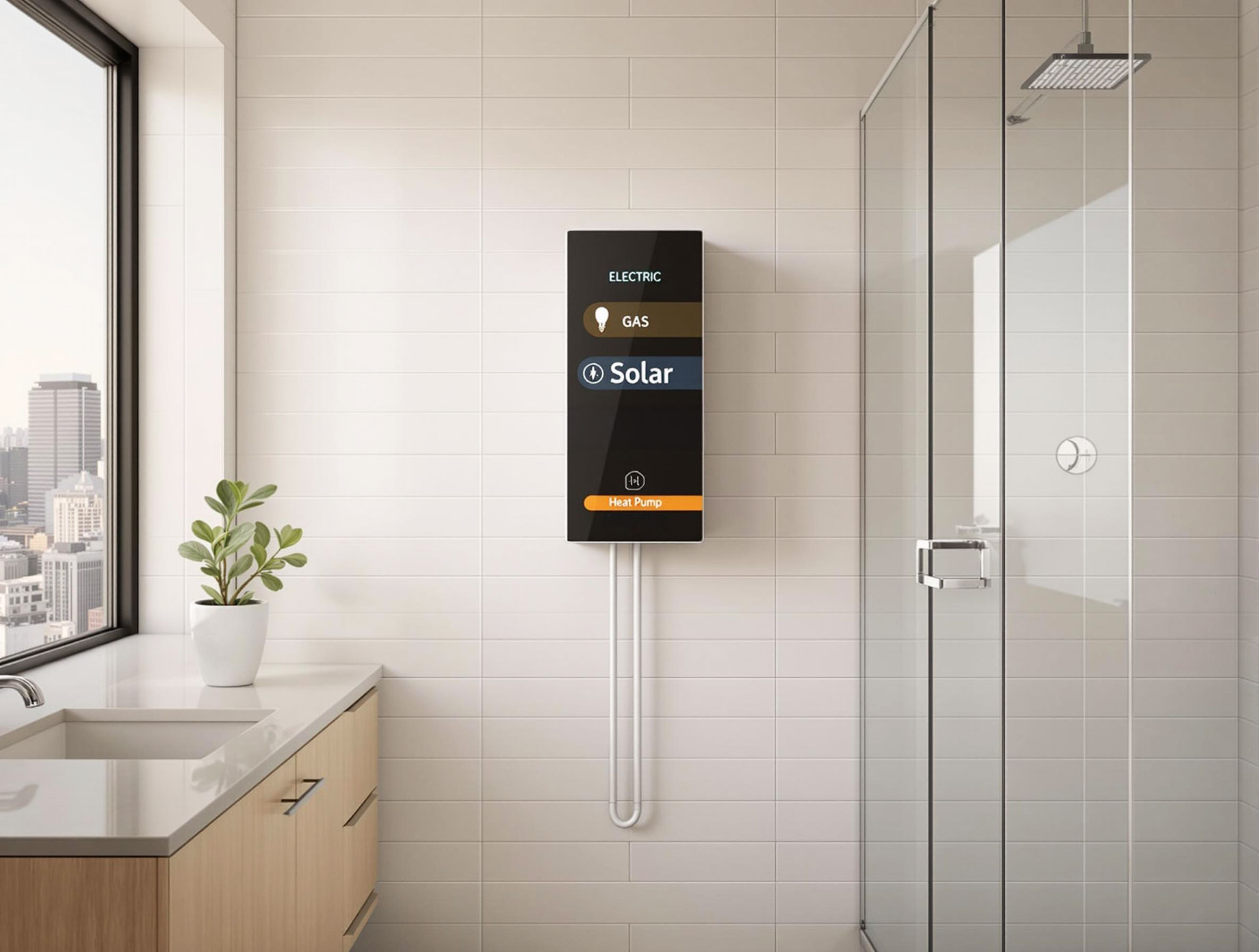
Choosing the right hot water system Melbourne residents can rely on is essential for year-round comfort, energy savings, and peace of mind. With unpredictable weather, rising energy costs, and an increasing push towards sustainable living, selecting the best hot water system for your home or business is no longer a luxury—it’s a necessity. This guide covers everything you need to know before making your purchase, from system types to installation tips.
Why the Right Hot Water System Matters
A hot water system is one of the most frequently used appliances in any household. It powers your showers, washing machines, dishwashers, and taps. An inefficient or undersized system can leave you with cold water during peak usage or drive your energy bills up. Conversely, an over-sized unit can lead to unnecessary costs in both purchase and operation.
For Melbourne homes, the ideal system balances performance, efficiency, and cost while accommodating your household size, climate, and water usage patterns.
Types of Hot Water Systems
There are four main types of hot water systems available in Melbourne:
1. Electric Hot Water Systems
These systems are widely used due to their affordability and ease of installation. They come in two forms: storage and instantaneous (also known as tankless). While they’re cheap upfront, electric systems can be more expensive to run unless paired with solar panels or off-peak electricity tariffs.
2. Gas Hot Water Systems
Ideal for households with access to natural gas, these systems offer fast heating and generally lower operational costs than electric systems. They’re available in storage and continuous flow models. Gas systems are perfect for medium to large households needing consistent hot water.
3. Solar Hot Water Systems
Using energy from the sun, these systems are highly efficient and environmentally friendly. While the upfront cost is higher, government rebates and long-term energy savings make them an excellent investment. Melbourne’s sunny days, even in winter, make solar hot water systems a viable and eco-friendly option.
4. Heat Pump Hot Water Systems
These work like a refrigerator in reverse, extracting heat from the air to warm water. Highly energy-efficient, heat pumps are ideal for households wanting to reduce their carbon footprint. However, they can be more expensive upfront and work best in areas with consistent ambient temperatures.
Key Factors to Consider
1. Household Size and Usage
- 1–2 people: 25–50L per person daily (instant or small storage unit)
- 3–4 people: 125–250L total
- 5+ people: 300L or more
Make sure your system can handle peak usage periods like mornings or evenings.
2. Energy Efficiency
Check the energy star rating and opt for systems with high efficiency. While they may cost more upfront, they save money long-term.
3. Installation Space
Smaller properties may not accommodate bulky storage systems. Instantaneous units are compact and wall-mounted, saving floor space.
4. Budget
Balance the purchase cost, installation, and long-term running costs. Sometimes it’s better to spend more now and save later.
5. Government Rebates
Victoria offers various rebates and incentives for upgrading to efficient systems, especially solar and heat pump models. Check with your local council or energy provider.
Installation and Maintenance
Always use a licensed plumber and installer familiar with local Melbourne regulations. A professional will ensure your system is compliant, correctly sized, and safely installed.
Routine maintenance is key to maximizing lifespan:
- Annual inspections
- Pressure relief valve checks
- Flushing the system to prevent sediment build-up
Common Mistakes to Avoid
- Oversizing or undersizing: Leads to energy waste or lack of hot water.
- Ignoring water quality: Hard water can damage internal components. Consider adding a filtration system if needed.
- Choosing based on price alone: Cheaper systems may have higher running costs or shorter lifespans.
Best Brands in Melbourne
While several brands offer hot water systems in Melbourne, here are a few trusted names:
- Rheem: Known for durability and variety.
- Rinnai: Offers excellent gas continuous flow models.
- Bosch: Popular for energy efficiency.
- Dux: Local brand with a good range of solar and electric units.